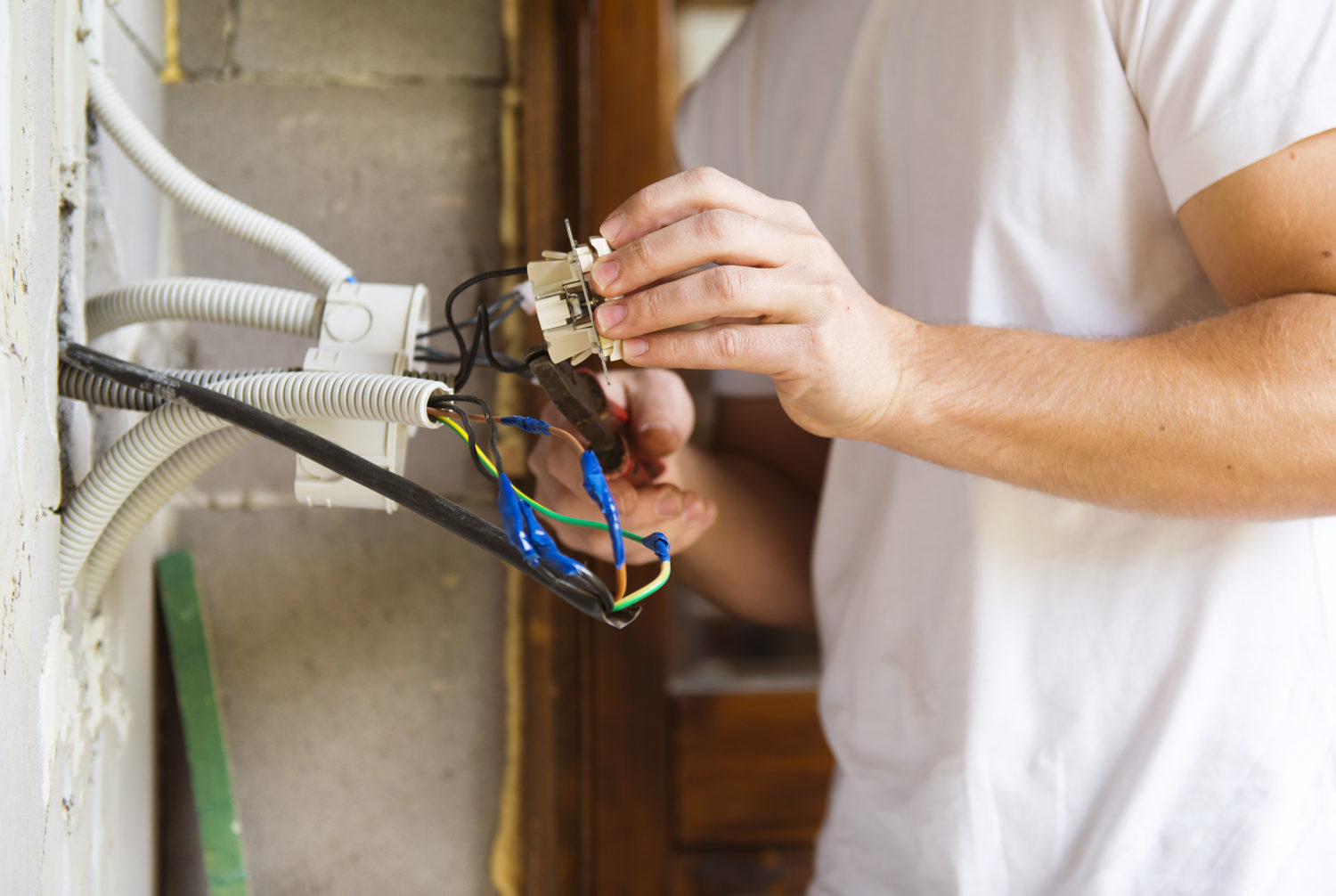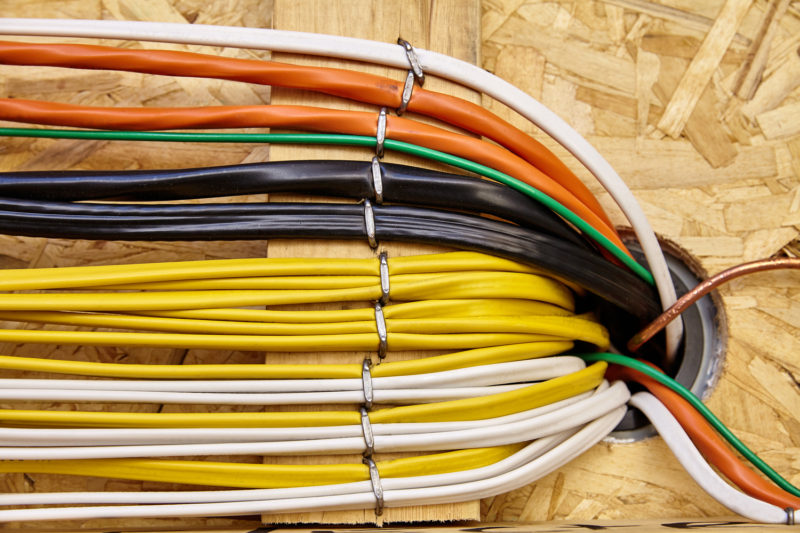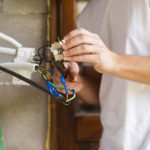Simple home electrical issues may seem easy to fix, but when it comes to electricity, you want to make sure that you do it right. Mistakes with wiring can be a fire hazard, cause electric shocks, and be a massive waste of energy that you’ll be paying for on your utility bills. Here are a few common mistakes that people make when trying to fix their electrical problems.
Don’t Take Shortcuts

The biggest mistake that people make is not to install a connection box (also called a junction box) to protect all of your wirings. The electrical box will protect you if a wire is overheating. The extra step of including a connection box for every connection may seem like a hassle, but it will pay off in the long run. The connection box will protect the wiring, as well as make it more comfortable in the future to fix any problems that may arise.
Check the electrical codes in your area; it may be required by law to use connection boxes for each connection.
Overcrowding
Another mistake is to overcrowd the connection box with too many wires. The purpose of the connection box it to protect one connection at a time. If you try to cram too many cords and connections into one box, you could be creating a fire hazard, not avoiding one. There are various sizes of connection boxes, so make sure your box is the right size for your wiring project.
Knowing the Amp Capacity

Before you choose your wiring, make sure you understand the right amp capacity of each wire. Using wires that differ in their ability can cause serious problems. Always use the same size wires for each circuit.
Leaving Slack
It’s a common mistake to cut wires too short. We want it to look neat, so we tend to cut the wires to they are the exact length you need to go from circuit to junction box. However, you always want to leave a bit of slack, so that the wires are not too tight, and aren’t laying flat against the box. Pulling the wires too tight will create problems and become a fire hazard.
Ground Fault Circuit Interrupter
Don’t forget to install Ground Fault Circuit Interrupters (GFCI), especially in spaces that are near water. A GFCI will detect any power variations and cut the power in case something is amiss. That is an important safety feature that should not be overlooked.
If you have concerns about a wiring project, call in the professionals. Better safe than sorry.



